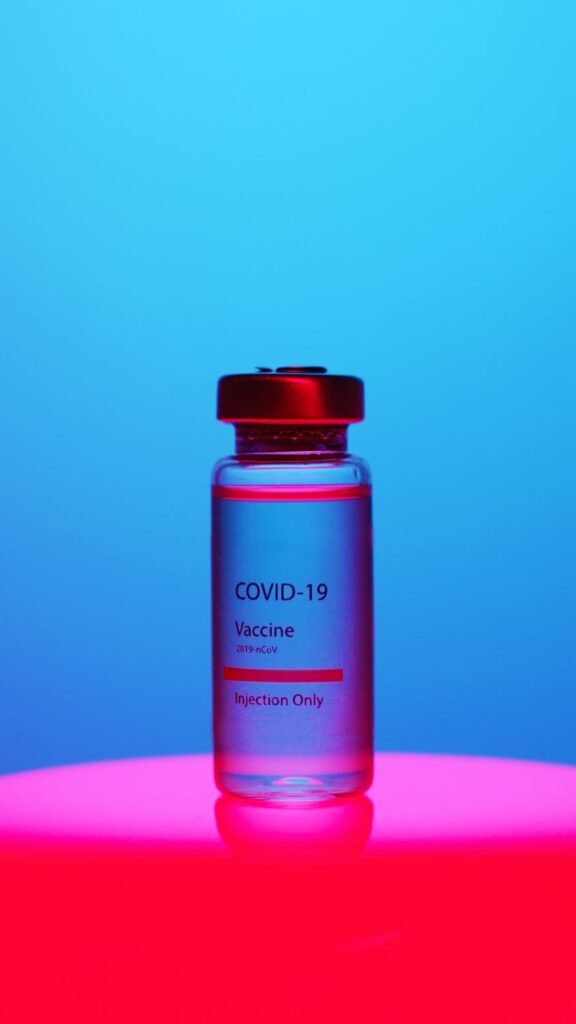Written by Syl Adler
As the year ends and the pandemic continues, countless companies have been a part of the rat
race to develop a vaccine against this viral monster. With Pfizer being up in the lead and
other companies following suit, people have been clamoring for a bit sense of normalcy, and
having vaccines may get a step closer to that goal.
But here lies the question to some people, if the opportunity arises and the vaccine is well within
reach to some other countries ( mainly the USA and the UK where they have started to administer
it), would you take it?
Now they always say time is one of the most efficient teachers, and with time comes experience,
And with experience comes learning. I would like for us to take a walk down memory lane
(regardless of what it may portray) and learn how vaccinations have changed humanity for the
better and some of its pitfalls and blunders throughout the years.
In 1796 a man named Edward Jenner invented a method to protect people from smallpox, was
arm to inoculation wherein one will take material from a person infected with cowpox, and
inoculating it to another person’s skin. The next routinely recommended vaccines were developed
early in the 20th century. These included vaccines that protect against pertussis (1914), diphtheria
(1926), and tetanus (1938). These three vaccines were combined in 1948 and given as the DTP
vaccine.

In 1955 Jonas Salk invented the Polio vaccine, much to the appreciation of many, and through
the 60’s to the early 70’s the MMR (measles, mumps, and rubella) vaccine was developed. In the
late ’80s, Haemophilus influenza has been added. However, it had been licensed in 1981, and it was
recommended for high-risk groups such as infants whose mothers were hepatitis B surface
antigen-positive, healthcare workers, intravenous drug users, homosexual men, and people with
multiple sexual relationships. However, immunization of these groups didn’t effectively stop
the transmission of the hepatitis B virus. That’s because about one-third of patients with acute disease
was not in identifiable risk groups. The change of recommendation to immunize all infants in
1991 was the result of these failed attempts to control hepatitis B by only immunizing high-risk
groups. Following this recommendation, hepatitis B disease was virtually eliminated in children
less than 18 years of age in the United States.
As the years progressed, more and more vaccines have been created, and humanity is seemingly
less susceptible in acquiring illnesses that these vaccines are up against but in 2009 where the
virus H1N1 or more it’s commonly known strain the swine flu began to grow in numbers
companies were quick to invent a vaccine against it, and they were successful in doing so, little
did they know that there would be life-changing repercussions because of it? The Swedish Medical
Products Agency issued a preliminary report in March 2011 that people who are genetically
predisposed to narcolepsy and have taken the vaccine against swine flu are at higher risk of
developing narcolepsy than those without a genetic predisposition.
The dengvaxia controversy in the Philippines. Around 600 children who received a single dose of
the vaccine reportedly died. This came as a huge controversy in the Philippines and has resulted
in a huge media circus. Although the vaccine is still available for use in several countries, including those in the European Union, the sale and use of dengvaxia vaccine in the Philippines are
banned.
These are the most notable ones in history, but vaccinations have been reported as early as 1000
by the Chinese through inoculation or the first English variolation in 1721. But nowadays, the
number of anti-vaxxers around the globe is growing at an alarming rate that measles, which
should have been eradicated a long time ago, is making its comeback. I am all for vaccinations,
but we also have to be vigilant about what we put in our body, and as the vaccinations for COVID19
are well on their way to our bloodstream, I’d say I have no problem waiting for a while and staying
at home for the moment.

